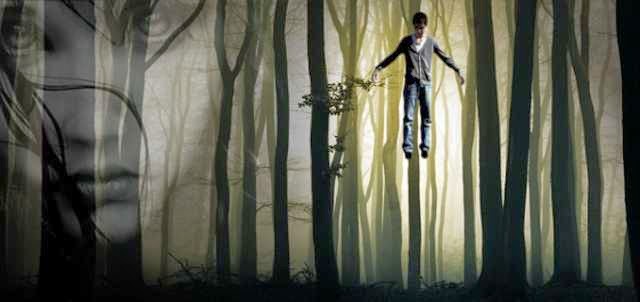| Online: | |
| Visits: | |
| Stories: |
Visions of the Impossible
by Jeffrey J. Kripal
The Chronicle of Higher Education
How ‘fantastic’ stories unlock the nature of consciousness
The greatest taboo among serious intellectuals of the century just behind us, in fact, proved to be none of the “transgressions” itemized by postmodern thinkers: It was, rather, the heresy of challenging a materialist worldview.
—Victoria Nelson, The Secret Life of Puppets (2002)
Consider two impossible tales.
Scene 1. Mark Twain was famous for mocking every orthodoxy and convention, including, it turns out, the conventions of space and time. As he relates the events in his diaries, Twain and his brother Henry were working on the riverboat Pennsylvania in June 1858. While they were in port in St. Louis, the writer had a dream:
In the morning, when I awoke I had been dreaming, and the dream was so vivid, so like reality, that it deceived me, and I thought it was real. In the dream I had seen Henry a corpse. He lay in a metallic burial case. He was dressed in a suit of my clothing, and on his breast lay a great bouquet of flowers, mainly white roses, with a red rose in the centre.
Source: http://www.riseearth.com/2014/04/visions-of-impossible.html





